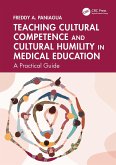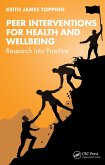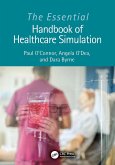From Mark Quirk, recipient of the 2006 Society of Teachers of Family Medicine's Excellence in Education award, comes the latest on improving medical education.
In this volume, Quirk explores metacognition, the idea that we can think about the way we or other people think, and thus gain a better understanding of ourselves, our own cognitive processes, and the patients we seek to help.
Written for medical educators--from medical school faculty to residents--this book will help you teach your students and interns how to extrapolate lessons from experience and integrate learning and practice. It will help them to think more clearly and thoroughly about what they read, hear, and learn on a day-to-day basis and thus become more informed and humanistic doctors.
In this volume, Quirk explores metacognition, the idea that we can think about the way we or other people think, and thus gain a better understanding of ourselves, our own cognitive processes, and the patients we seek to help.
Written for medical educators--from medical school faculty to residents--this book will help you teach your students and interns how to extrapolate lessons from experience and integrate learning and practice. It will help them to think more clearly and thoroughly about what they read, hear, and learn on a day-to-day basis and thus become more informed and humanistic doctors.
Dieser Download kann aus rechtlichen Gründen nur mit Rechnungsadresse in A, D ausgeliefert werden.









